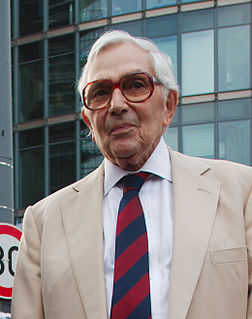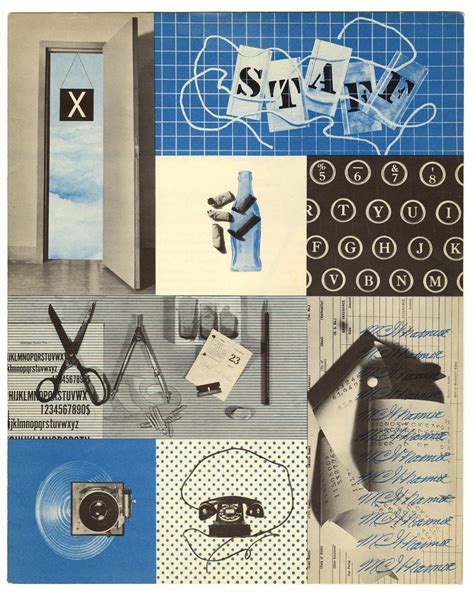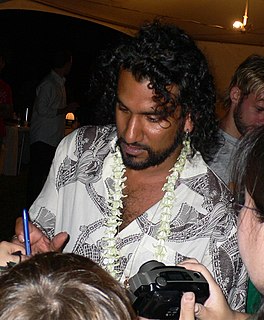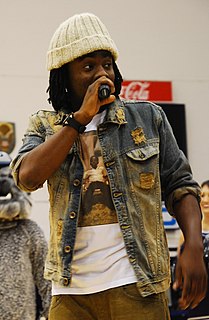A Quote by Ken Adam
One thing that I think works in 'Casablanca' and which I've lectured a lot about - in terms of what I've been trying to achieve as a designer - is the film's creation of its own form of reality.
Related Quotes
To me, a revolutionary film is not a film about a revolution. It has a lot more to do with the art form. It's a film that is revolting against the old established language of cinema that had been brainwashing the people for decades. It is a film that is trying to find ways to use sound and image differently.
A lot of films that have been adapted from books stop serving you because they become different. I mean, they are different entities in themselves, but artistically, what you're trying to achieve with a film is so very different to what you're trying to achieve with a book, and the way when you write a script is so very different on paper to how it seems on a screen.
Now I realize that I have to let everyone take what they have to take from the film. No matter what I think about the film, it becomes a little irrelevant. I think I would say that the film is trying to show us that - and I spoke about that earlier - we have to let the teachers invest in their own classroom. There's no use in trying to control everything. Education is fundamental.
The words graphic designer, architect, or industrial designer stick in my throat, giving me a sense of limitation, of specialisation within the specialty, of a relationship to society and form itself that is unsatisfactory and incomplete. This inadequate set of terms to describe an active life reveals only partially the still undefined nature of the designer.
I like what I do. Some writers have said in print that they hated writing and it was just a chore and a burden. I certainly don't feel that way about it. Sometimes it's difficult. You know, you always have this image of the perfect thing which you can never achieve, but which you never stop trying to achieve. But I think ... that's your signpost and your guide. You'll never get there, but without it you won't get anywhere.
It is an extraordinary and beautiful thing that God, in creation. . . works with the beauty of matter; the reality of things; the discoveries of the senses, all five of them; so that we, in turn, may hear the grass growing; see a face springing to life in love and laughter. . . The offerings of creation. . . our glimpses of truth.
I don't know if I'm the most religious guy, but I think I'm a spiritual man, and these are the things I think about a lot. In terms of the film, I think 'The Grey' is very much a non-denominational kind of film. I don't think it's something that relies on a particular religious bent to tell the story.
I always had something to think about or draw from, which as an actor is a gift. The beautiful thing about film is that it gets so much closer than stage. I love stage and that's what I started doing and it's a beautiful art form in of itself, but in film you can move your eyes to the side and somehow the audience can fill in the blanks of what you're thinking.
The FBI found Hillary Clinton to be extremely careless with classified information on her non-secured private e-mail server. While secretary of state. In addition to all we've been talking about, we're learning that Clinton actually lectured her own staff about the importance of cyber security back in 2010, telling them to do one thing while she herself was doing another thing.








































